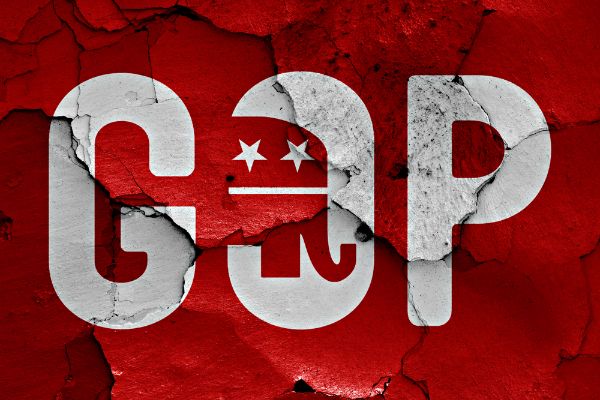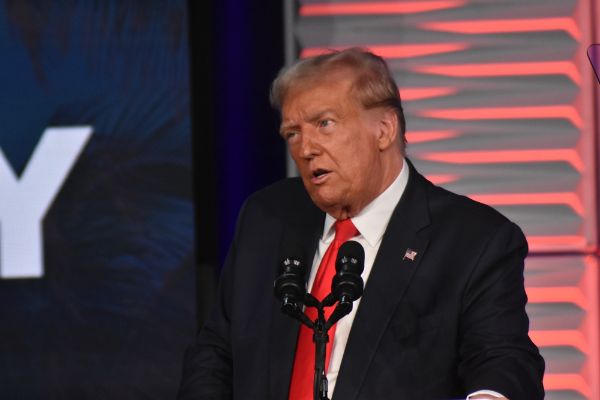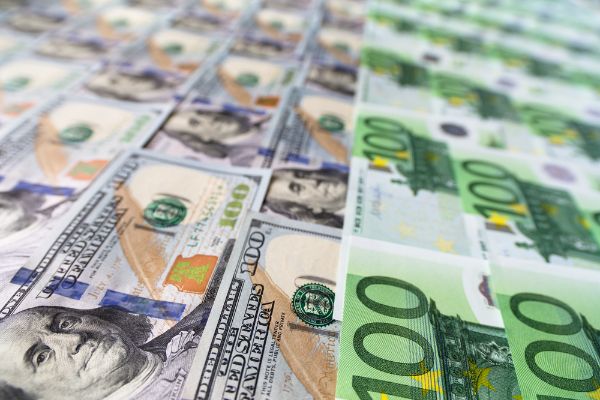The incredible record-breaking market that Joe Biden will take over from President Donald Trump is in great peril of a selloff the day after inauguration, according to strategists from Wall Street.
Tax increases and a greatly improving economy triggering higher interest rates could be top underlying factors for markets later on in 2021.
“Post-inauguration changes likely resulting from profits and policy,” said Michael Harnett, one of the top strategists at Bank of America.
The S&P 500 increased by a 13.73% rate (annualized), or a total of 67.26%, during President Trump’s time in office, the third-largest (annualized) increase under a president ever recorded, as investors relished tax cuts and the cutting back of regulations. The index, which has set 150 records under President Trump, ended at 0.6% under its all-time high on the final trading day of Trump’s term.
Meanwhile, the Nasdaq gained a 24.17% return (annualized), the biggest gain under a president since it began in 1971. The tech-leaning group of stocks hit 183 records during President Trump’s first term in office.
“Markets are valued for perfection,” said Greg Valliere, a top strategist at AGF Investments, which reports around $38.8 billion in investment assets.
Biden has promised to increase the corporate tax rate to 28%. A rate which was decreased as a result of Trump’s Tax Cuts and Jobs Act, which also pushed American companies to bring back $1 trillion of cash from overseas.
Other tax adjustments being planned are increasing the top rate on capital gains all the way to 43%, up from Trump’s 24%, and in addition, increasing taxes for the highest earners.
Apart from more taxes, investors will also grapple with the issues a booming economy might have on interest rates.
Economists from Goldman Sachs predict U.S. GDP will claim a 5% annual rate in Q1 of this year and a 5.8% growth rate for the entire year, helped by the recent COVID relief program. The economy might even accelerate its growth if Congress passes the new $1.9 trillion program that was proposed recently.
A model from the FED of Atlanta that analyzes the latest economic numbers shows the economy possibly enlarged at an annualized rate of 7.4% during Q4 of 2020. This is after the third quarter’s growth being an incredible 33.4% as local businesses started to reopen after pandemic lockdowns.
Excitement about the economic rebound has triggered anxiety in the bond market where selling of Treasuries has pushed the 10-year yield to climb higher on Tuesday. The rally has come regardless of the FED reasserting its promise to maintain rates close to zero through 2023 or longer.
Valliere said he “wouldn’t be surprised” to witness the 10-year yield claim 1.5% by this summer and warned that the yield closing in on 2% would be a “problem for stocks,” which have been through a relentless fueling after the Fed promised to keep rates low and a new stimulus from Washington being discussed.
The S&P 500 PTE is at 27.4. With its normal average being 17.6, according to the market data from the Dow Jones.
The options market is “aiming at even greater prices,” argued Anthony Saliba, CEO of Matrix Execution Group, a broker-dealer that focuses on equities and options. “There’s greater demand for calls than demand for supply.“
The desire to own calls versus puts shows investors are not buying protection which is normally done to protect against a downturn.
Saliba, who has bet against the market after the election while moving into and out of positions, admits there is no sign of an incoming reversal in the market, but he is still keeping an eye out for a quick fall.
“I believe you get past inauguration, you witness the war within the Democratic Party and then I hear people say, ‘Maybe I should go ahead and take some profits,’” Saliba stated.






Comments are closed.